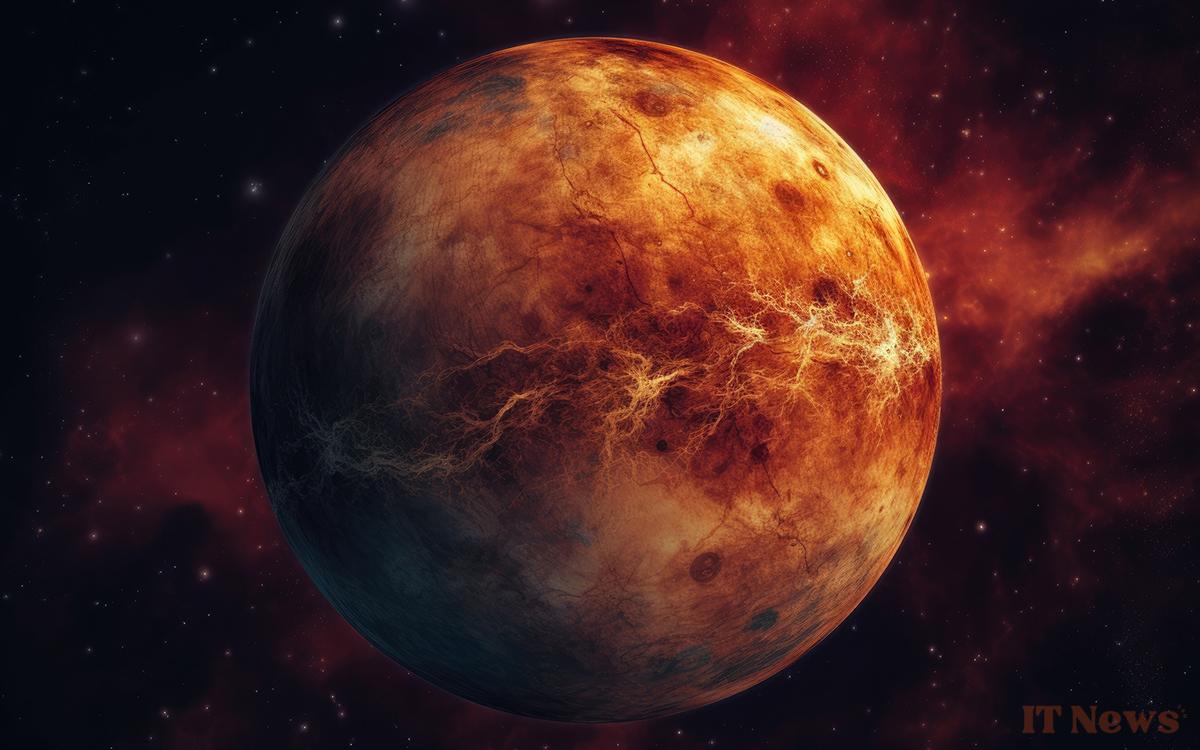For the first time, researchers believe they have found serious evidence of life on another planet. Thanks to the James Webb telescope, molecules linked to terrestrial life have been detected in the atmosphere of K2-18b.
For several decades, scientists have been trying to find out if life exists elsewhere in the universe. Thanks to observations from the James Webb telescope, this quest may have just taken a major step forward. Analysis of the atmosphere of the planet K2-18b reveals traces of gas that, on Earth, are only produced by living organisms. This discovery revives hope that we are not alone in the cosmos.
K2-18b is an exoplanet located 124 light-years from Earth, in the constellation Leo. It is 8.6 times more massive than ours and two and a half times larger. It orbits a small red star, in an area where liquid water could exist, which is an essential condition for life as we know it. By observing the light from its sun filtered by its atmosphere, researchers at the University of Cambridge have detected dimethylsulfide (DMS) and dimethyldisulfide (DMDS) molecules, gases produced in our world only by marine life forms such as phytoplankton and certain bacteria.
The discovery of biological gases on K2-18b revives hopes of finding life elsewhere
The level of gas detected is surprising: it would be thousands of times higher than on Earth. If this biological origin is confirmed, it would mean that K2-18b could be home to a vast ocean covered with a hydrogen-rich atmosphere. Many researchers believe that an environment of this type could favor the appearance of life in simple forms. But they remain cautious. Unknown geological phenomena could also explain the presence of these molecules, without there necessarily being life.
To avoid any errors, the researchers will continue their observations with the James Webb telescope. Their goal is to achieve a certainty level of 99.99999%, essential to validate such a discovery. According to them, this could be possible within one or two years. Other teams are also working on reproduce these conditions in the laboratory to test whether these gases can be generated without biological intervention. If the presence of life is confirmed, it would revolutionize our understanding of the universe and reinforce the idea that life could be widespread throughout the galaxy, and not just limited to our Earth.
Source: The Astrophysical Journal Letters, Volume 983, Number 2




0 Comments